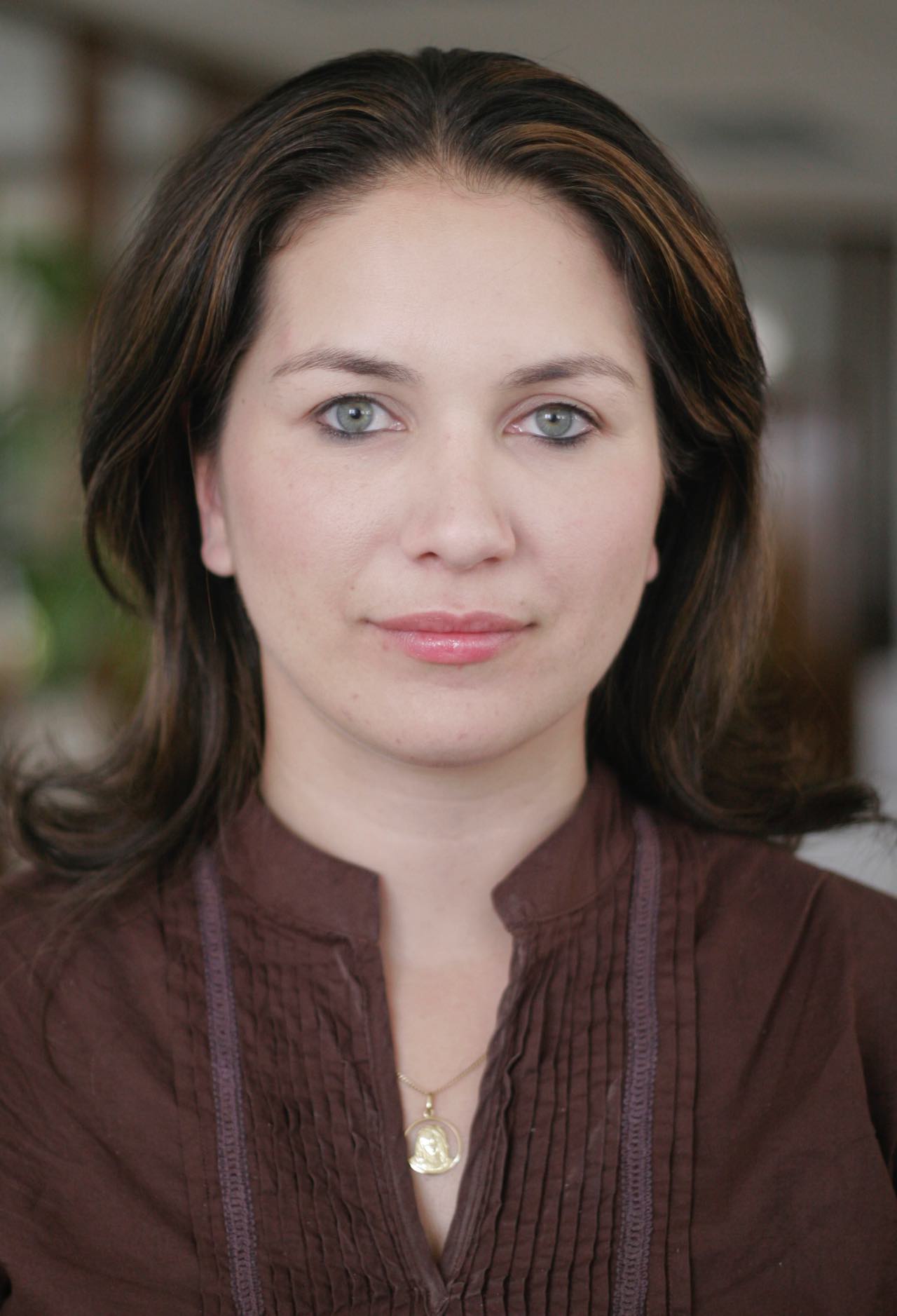She joined The Times in 2014. Her series of articles, “Underwriting Jihad,” showing how ransoms paid by European governments had become one of the main sources of financing for Al Qaeda, won the George Polk Award in International Reporting.
Before joining The Times, Ms. Callimachi spent 10 years at The Associated Press. From 2006 to 2014 she was based in Dakar, Senegal, covering 20 countries as the correspondent and the West Africa Bureau chief for The A.P. In 2013 on an assignment for The A.P. in northern Mali, locals led her to a complex of buildings which had served as the headquarters of Al Qaeda’s North African branch. On the floor and in upturned filing cabinets, she found thousands of pages of internal Al Qaeda documents including letters from the man considered to be the general manager of the terror network.
Her series “The Al Qaeda Papers” illuminated the inner workings of the extremist organization, revealing that terrorists camping out in the dunes of the Sahara are expected to keep receipts and file monthly expense reports.
Ms. Callimachi was born in Romania and along with her mother and grandmother, she fled the country when she was 5, settling first in Switzerland, before immigrating to the United States when she was 10. Her stepfather, Mihai Botez, was a Romanian mathematician, university professor and dissident who spent a decade under house arrest after criticizing the regime of the Romanian dictator Nicolae Ceausescu.
She began her reporting career as a freelancer for Time Magazine covering the Gujarat earthquake in 2001, before covering city hall at The Daily Herald in Arlington Heights, Ill. from 2001 to 2003. She joined The A.P. in the news agency’s Portland, Ore., bureau, and moved to New Orleans in 2006 to cover the aftermath of Hurricane Katrina.
